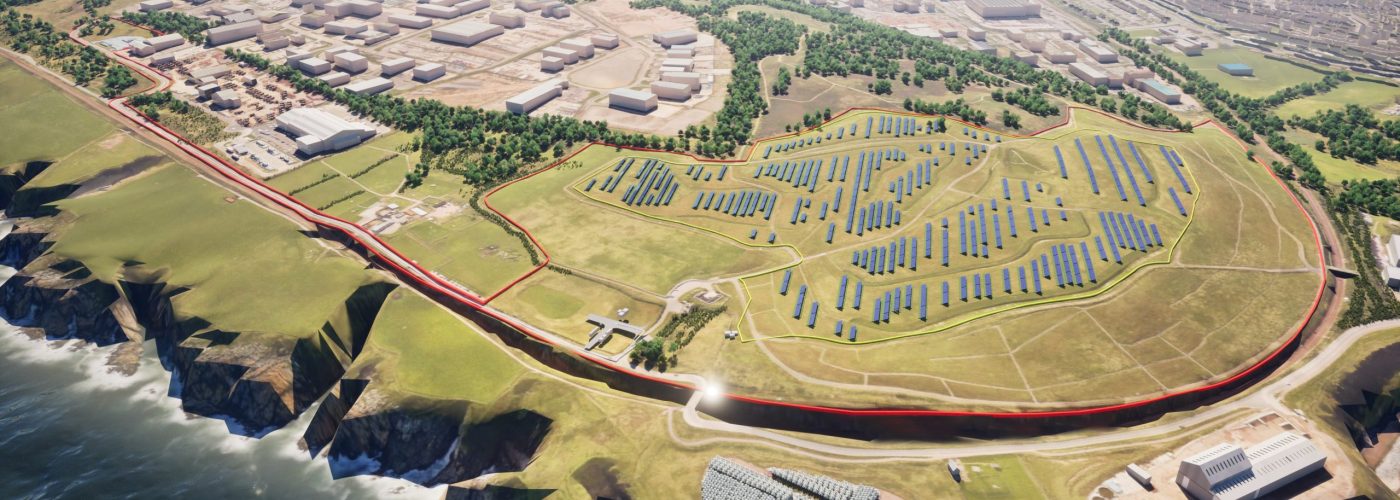A historical landfill site is to be redeveloped to create a solar farm as part of the first phase of a green hydrogen infrastructure initiative being delivered by bp Aberdeen Hydrogen Energy Limited (bpAHEL), a joint venture between Aberdeen City Council and bp.
RSK Renewables, an RSK Group company, will work with bpAHEL on the project on the former Ness Landfill site, located on Coast Road in Aberdeen, adjacent to Nigg Bay. Engineering design work has started at the site, with construction expected to start early in the new year.
RSK Renewables Managing Director Adrian Strudwick said the team was excited about contributing to a project that redevelops a historical landfill site to produce renewable energy. He noted that it was also part of the first phase of a green hydrogen infrastructure initiative being delivered by the bpAHEL joint venture. This will provide power for a hydrogen production facility and refuelling station for buses and trucks.
Adrian said: “RSK Renewables is responsible for the engineering, procurement, construction, commissioning and testing of the planned 8 MW solar farm. Guided by our in-house design and structural engineering teams, we identified a custom ‘tree-type’ mounting system as the optimal solution. This innovative design minimises ground disturbance, preserving the integrity of the former landfill’s protective capping while securely and efficiently supporting the solar array. With this solution also not requiring concrete or ballasted foundations, it enables the project to be built with a reduced CO₂ impact.”
At the peak of the project, the team expects to have 50 to 60 people on-site, including civil engineering and electrical specialists. RSK Renewables will also remain with the project for two years as part of the operating and maintenance contract associated with the project.
The solar farm will feature:
- 1 Sungrow medium-voltage station – this steps up the voltage to allow power to be transmitted and connected to the grid
- 16 Sungrow inverters – converting direct current power into medium-voltage power
- 11,362 Trina solar modules – the means by which sunlight is converted to electricity.
Other RSK Group companies contributing to the project include RSK Advantage (pre-contract services) and RSK Asbestos (providing on-site monitoring services in relation to the former landfill site).
Building, Design & Construction Magazine | The Choice of Industry Professionals





